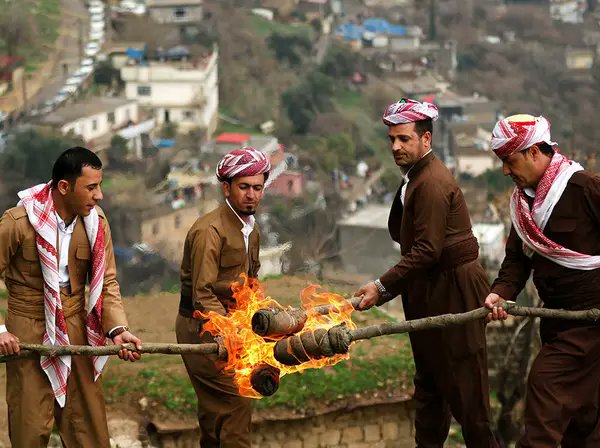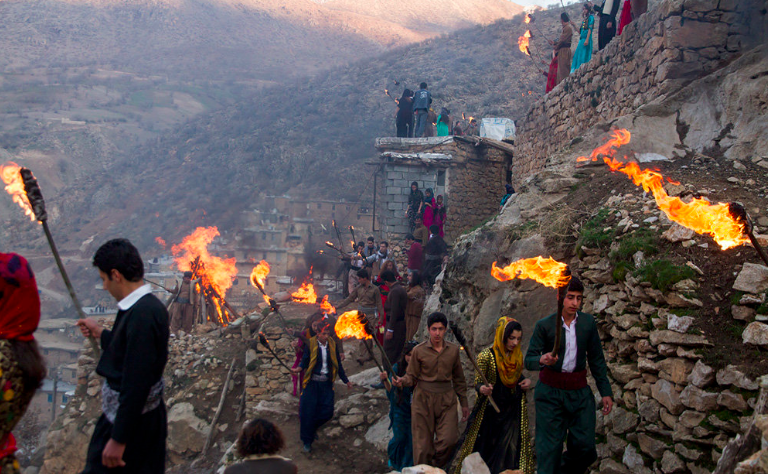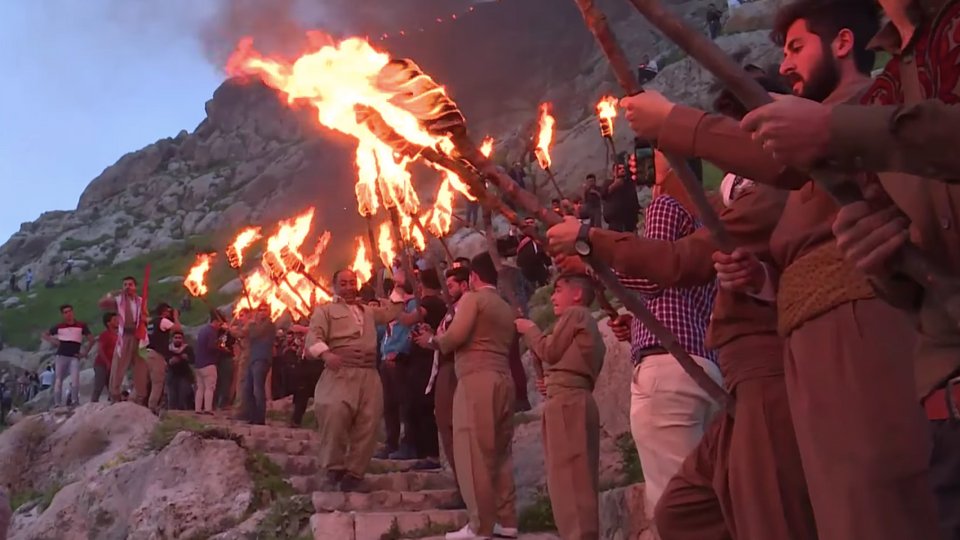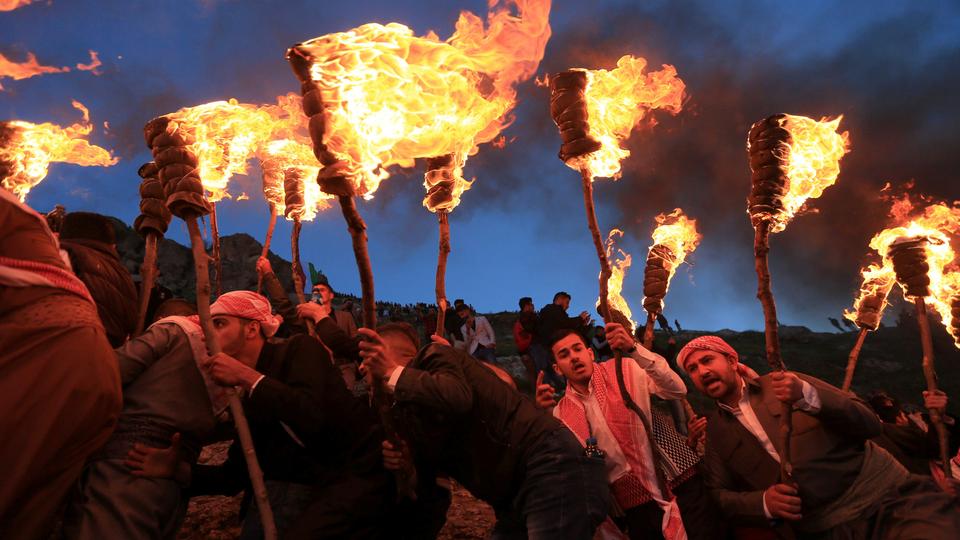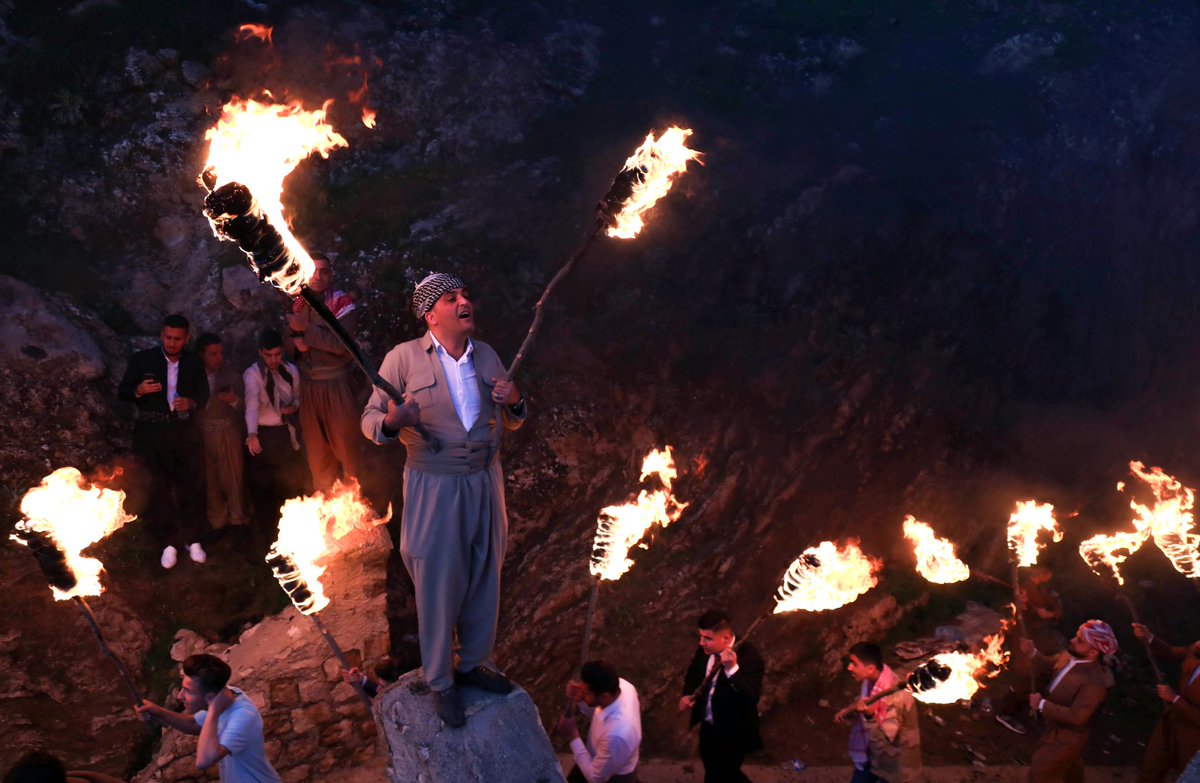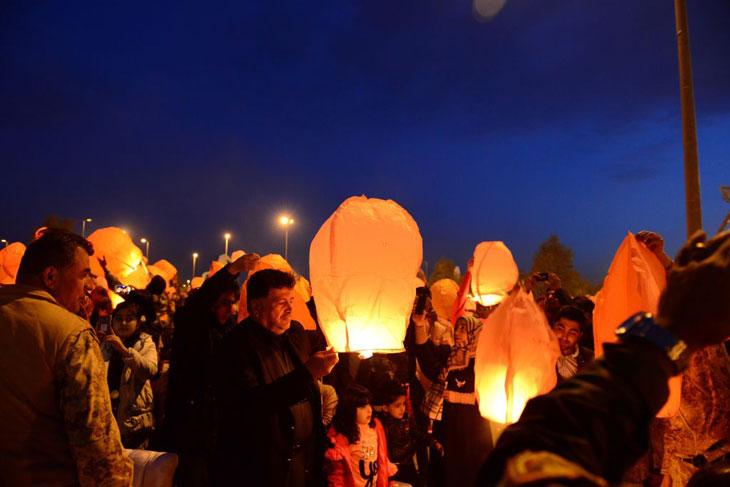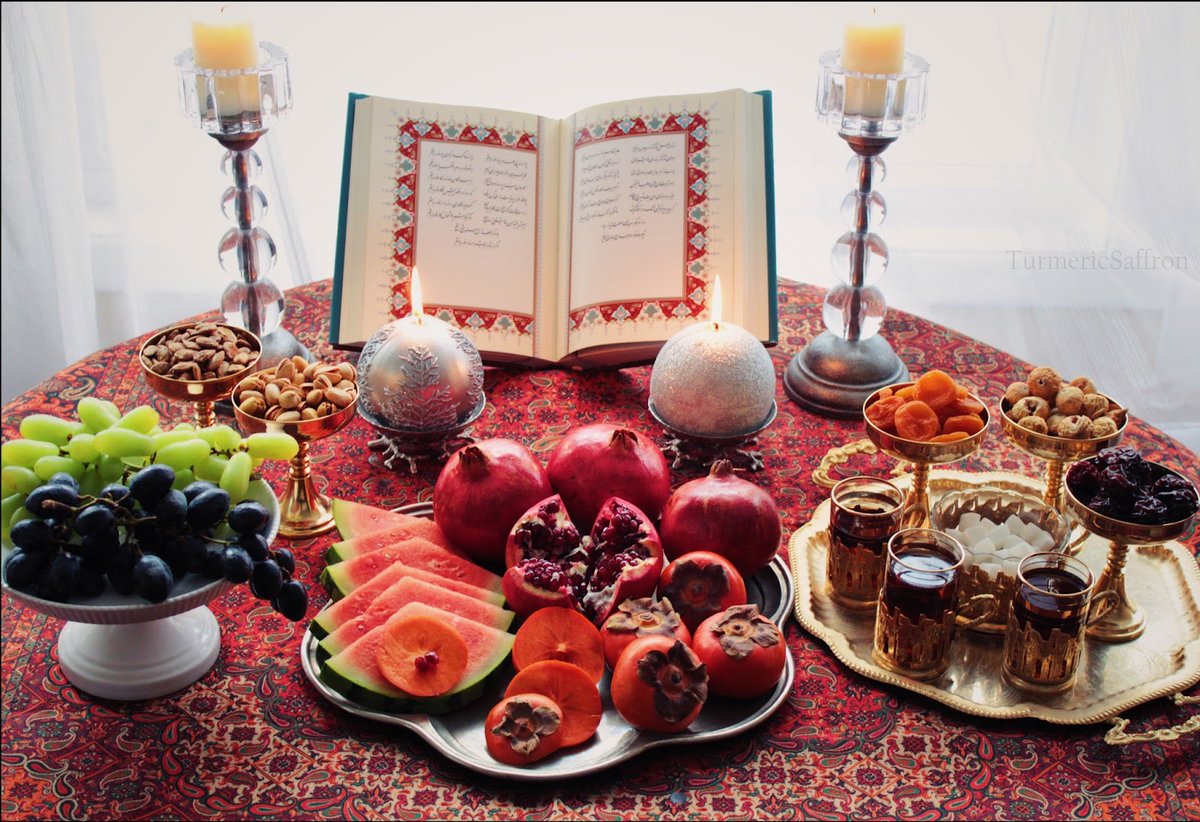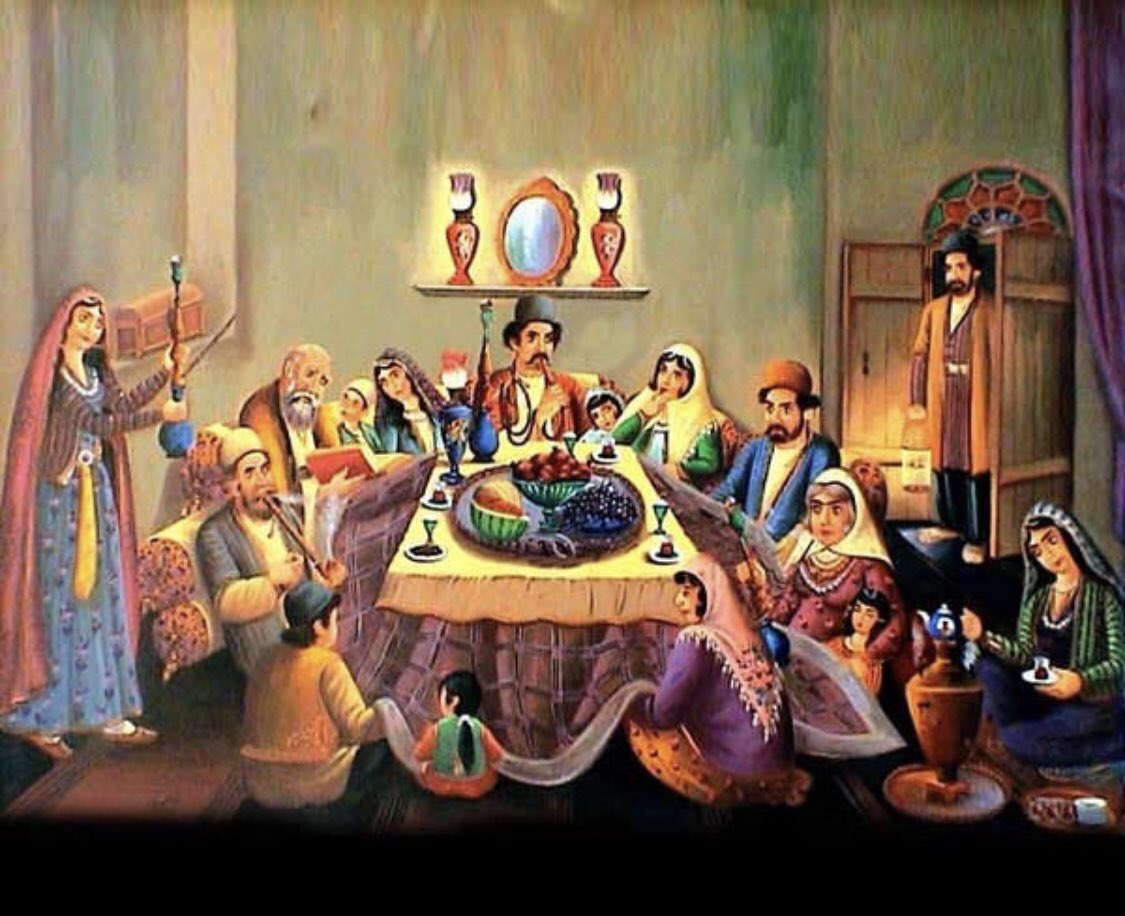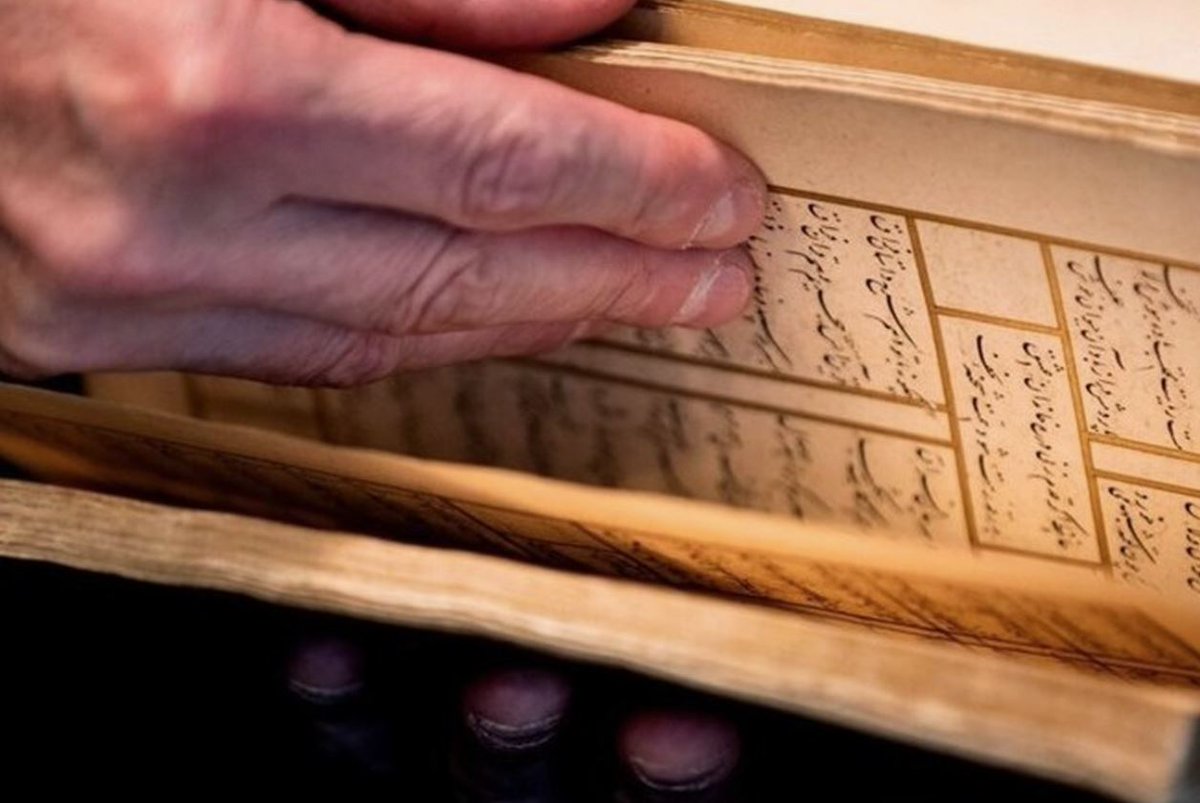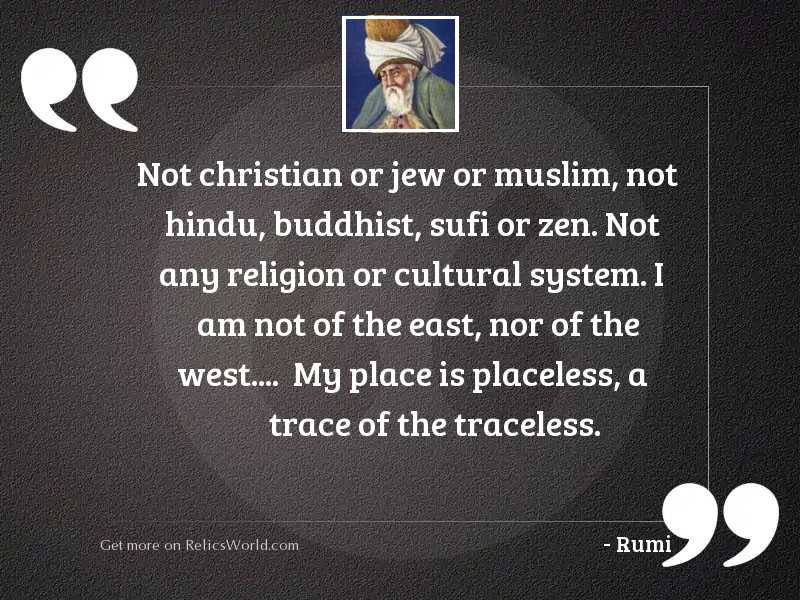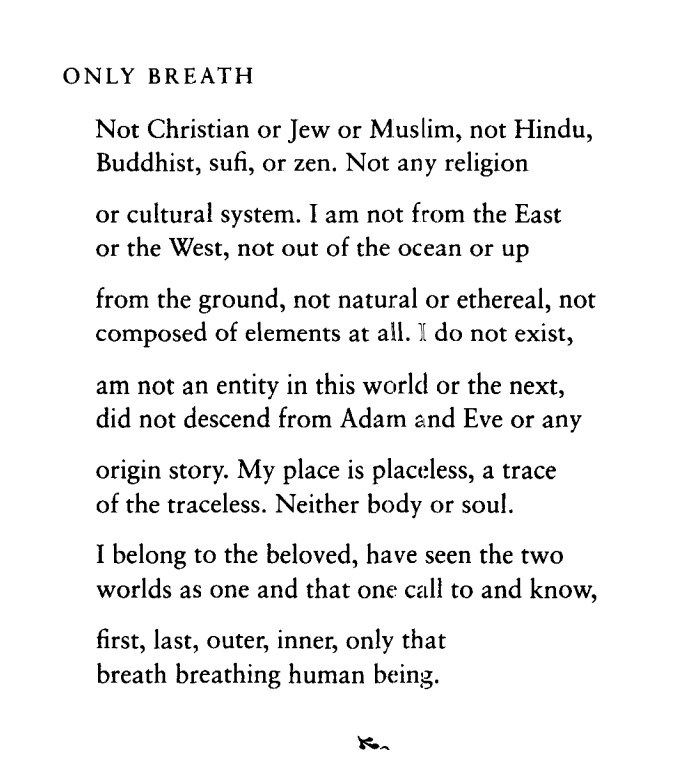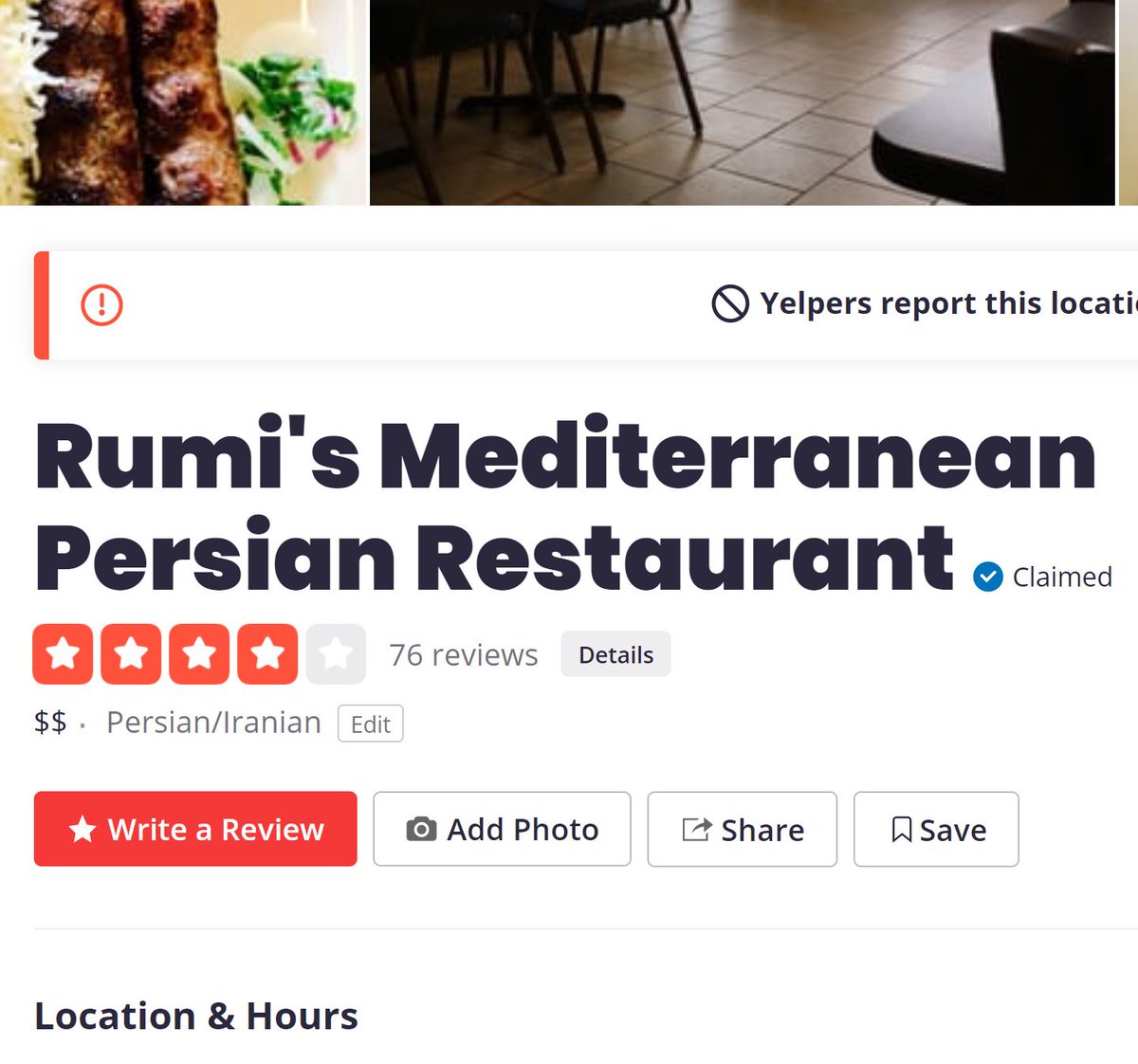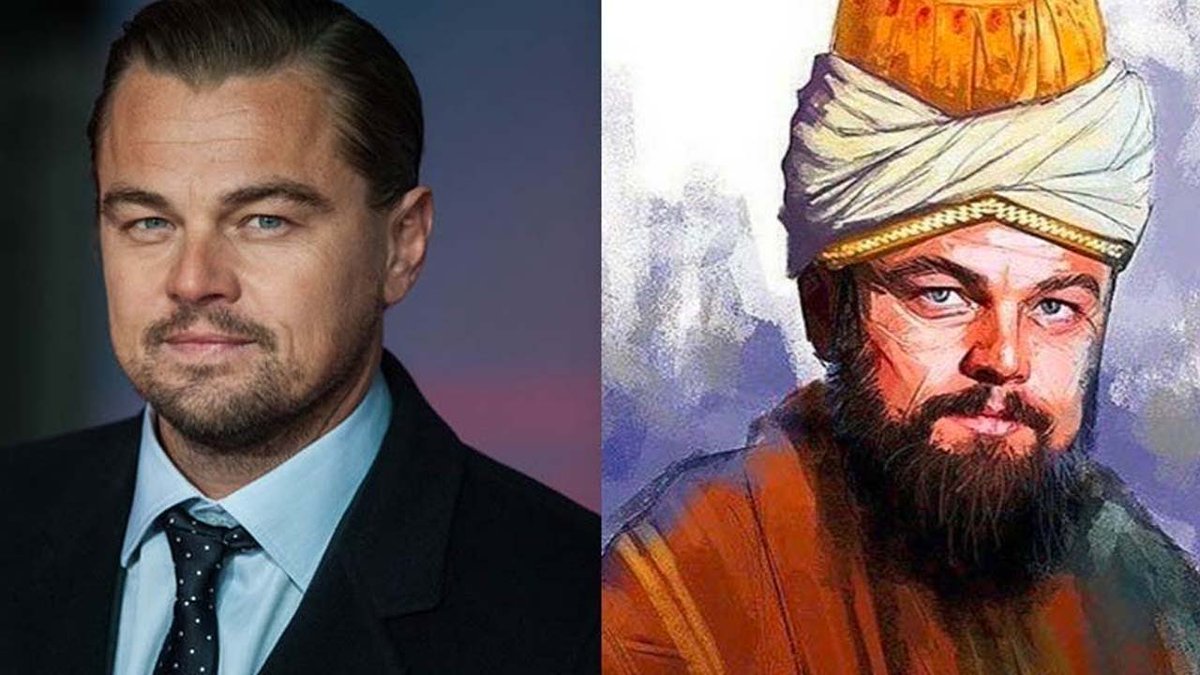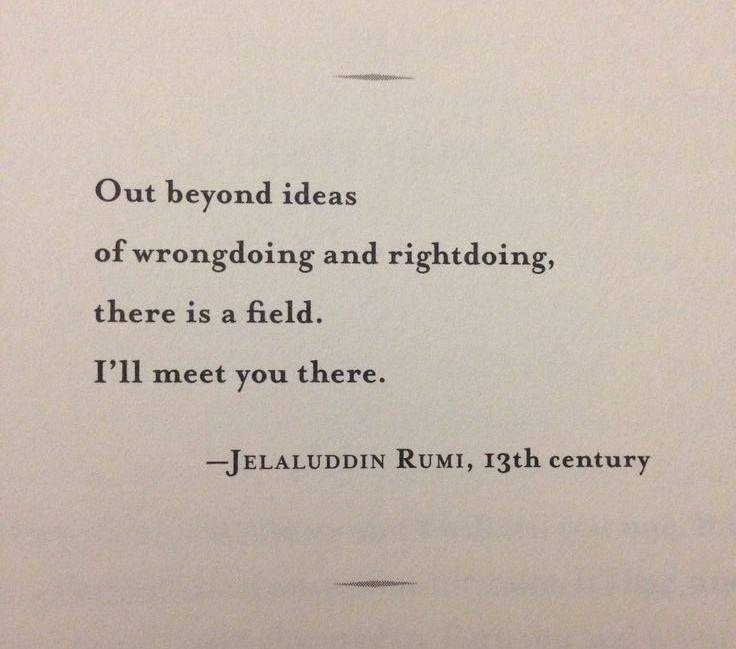
🧵 Nowruz Mubarak! Did you know that today marks the start of Spring and a new year for millions of people across dozens of countries? Read more to see how this ancient Iranic celebration is observed across the world ⬇️ 

Nowruz comes from the Persian words 'now' (new) and 'rūz' (day). It has been indigenously celebrated for millennia in Asia and Europe (pictured) and is now observed worldwide by various diaspora communities. 

Iranian observers set a haft-sīn (literally, 'Seven S') table spread. The S's are sabzeh (sprouts grown in a dish), samanū (pudding), senjed (olives), serkeh (vinegar), sīb (apples), sīr (garlic), and somāq (sumac). Some add mirrors, coins, fish, eggs, a Qur'an, and more. 







It's also customary for Iranian youth to visit elder relatives who pass out crisp money from a Qur'an (or a book of equivalent importance). 

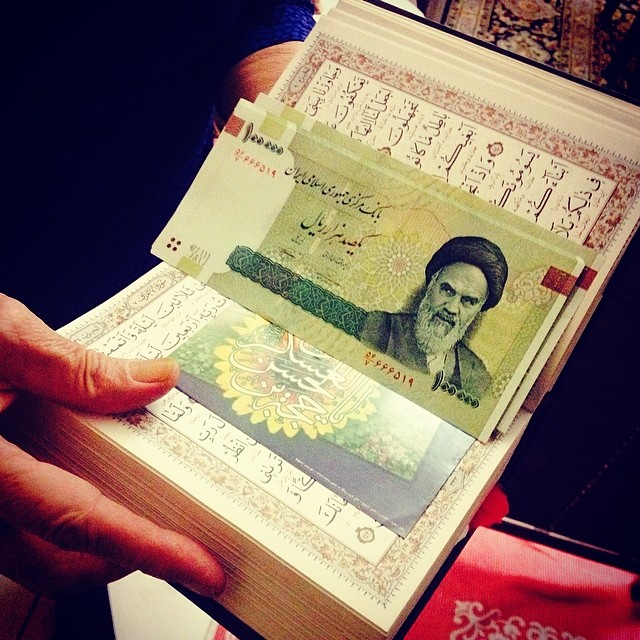

There is also 'Nowruz khānī' (Nowruz singing). Musicians gather in the streets and perform festive music, usually with frame drums and wind instruments.
(Here's a contemporary rendition of traditional Nowruz khānī by Ajam Band: )



(Here's a contemporary rendition of traditional Nowruz khānī by Ajam Band: )
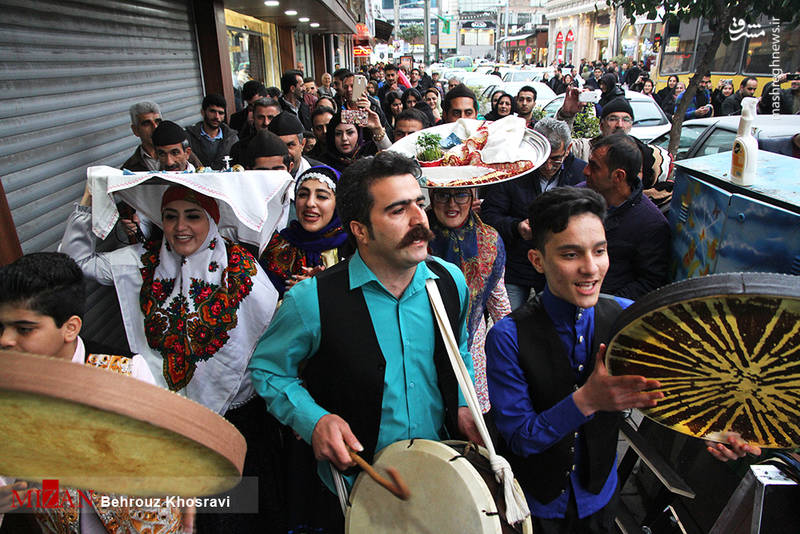

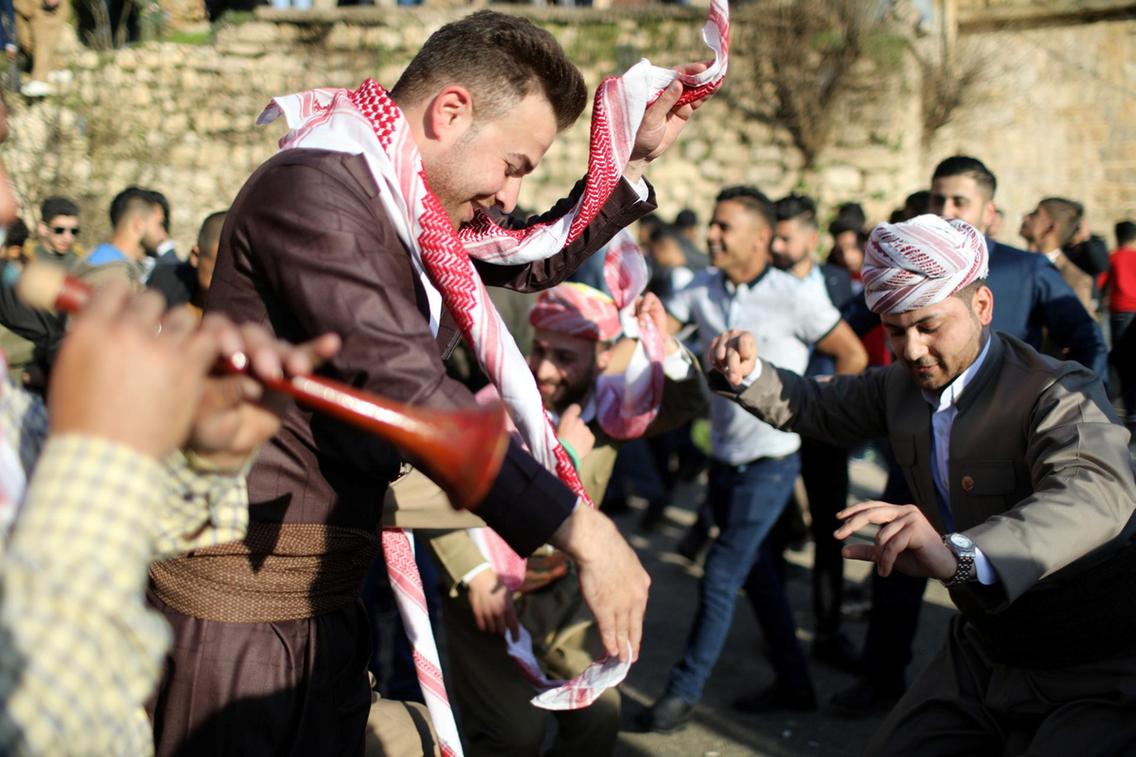
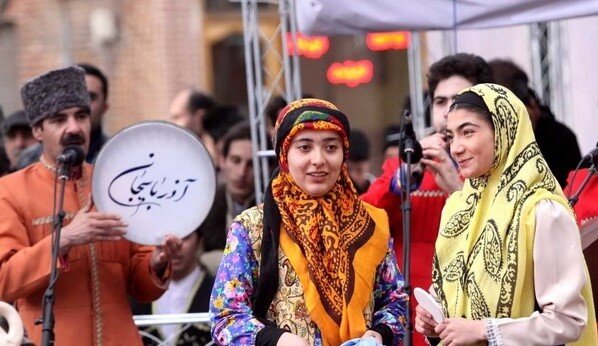
Though each culture has unique Nowruz traditions, all observances share bright colors and a joyful atmosphere. 



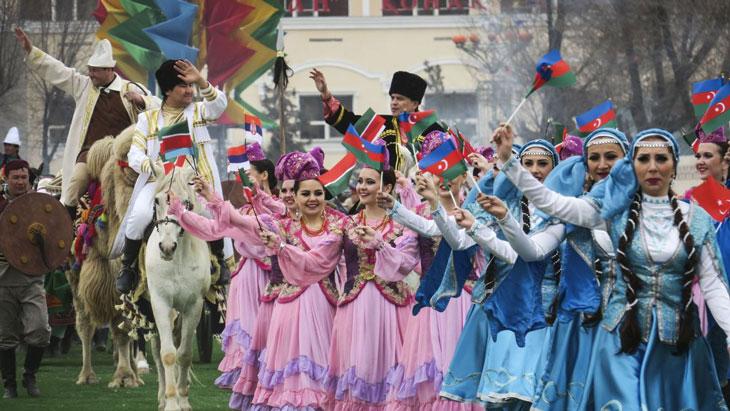
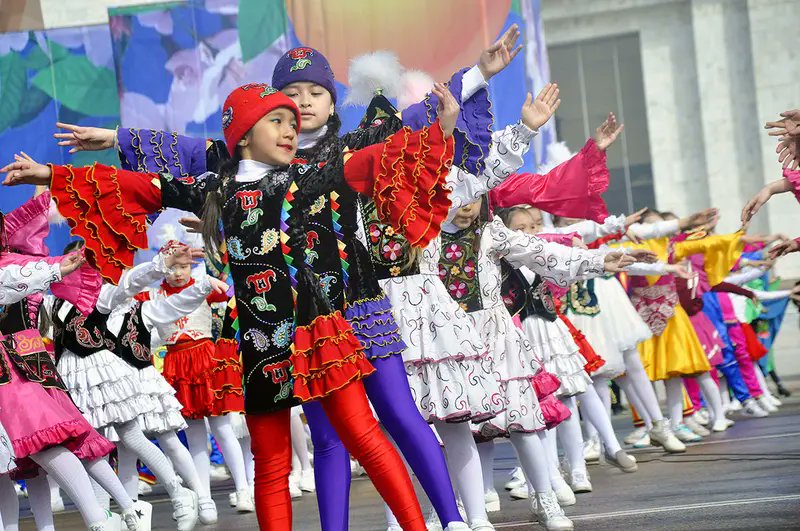


Before modern amenities like indoor heating and electricity, winters were quite cold and dark. Nowruz was an especially joyous occasion because it marked the coming of longer, warmer days. 




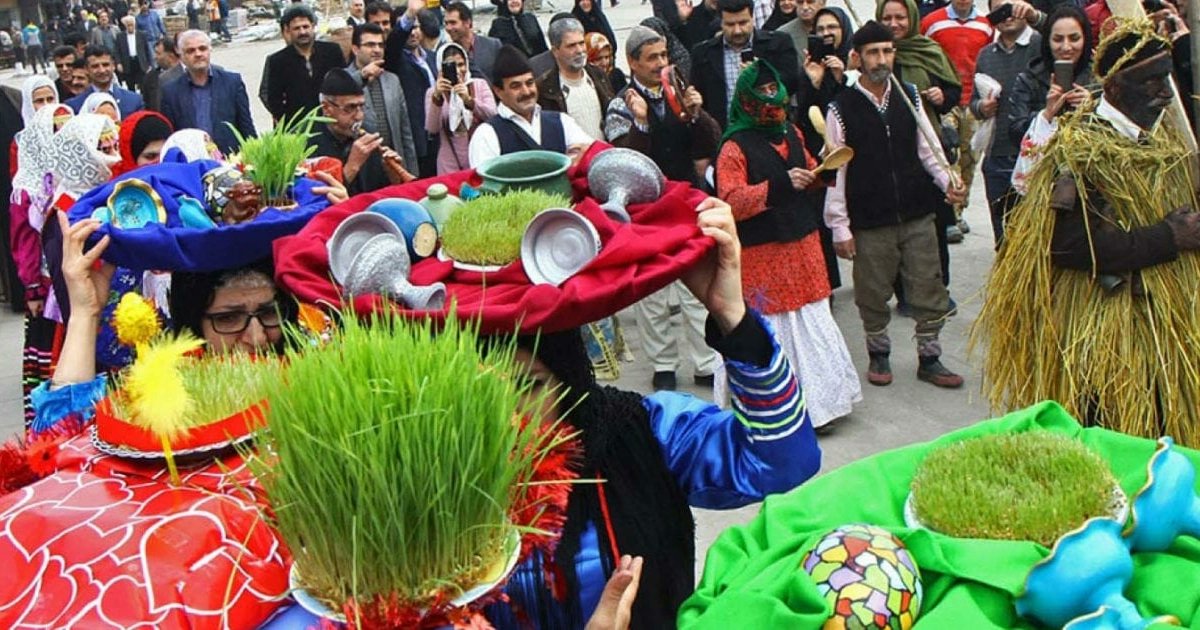


This year Nowruz marks the beginning of 1400 in the Persian calendar. Whether you celebrate or not, we would like to wish you a happy Nowruz and a prosperous 1400! 




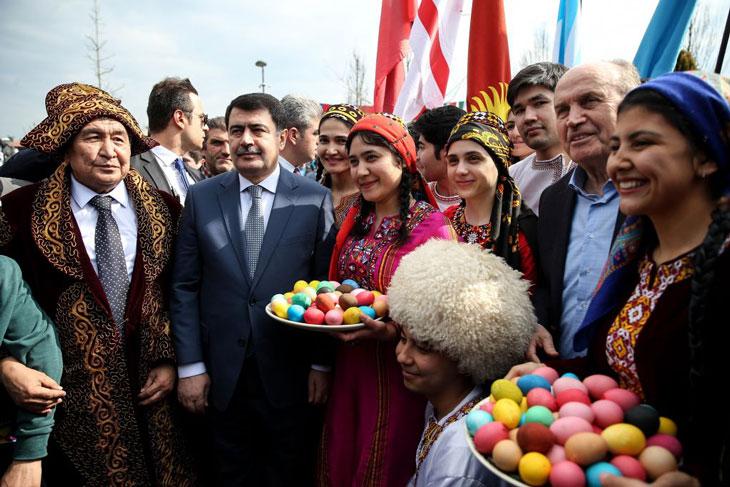
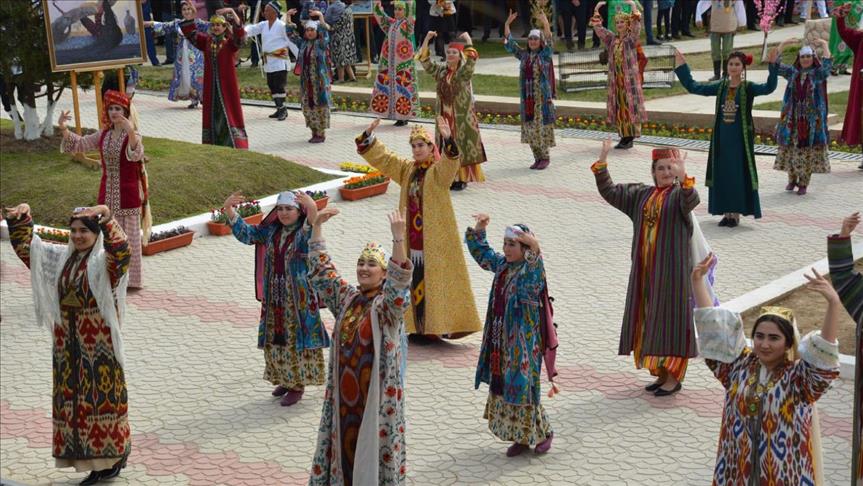
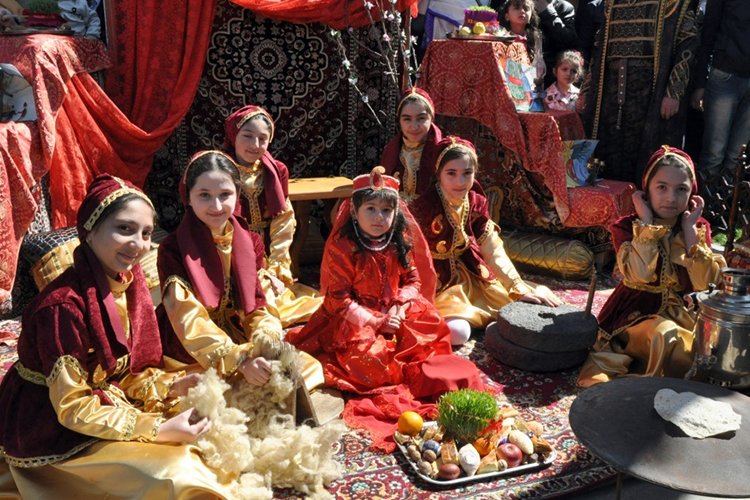
We leave you with this commonly-recited Nowruz prayer:
O turner of heart and sight,
O master of day and night,
O changer of year and state,
change our state to the best state.
Thread and translation by @sharghzadeh
O turner of heart and sight,
O master of day and night,
O changer of year and state,
change our state to the best state.
Thread and translation by @sharghzadeh

If you like our work, you can join our Patreon: patreon.com/persianpoetics or give us an 'eidi' on ko-fi: ko-fi.com/persianpoetics
• • •
Missing some Tweet in this thread? You can try to
force a refresh
